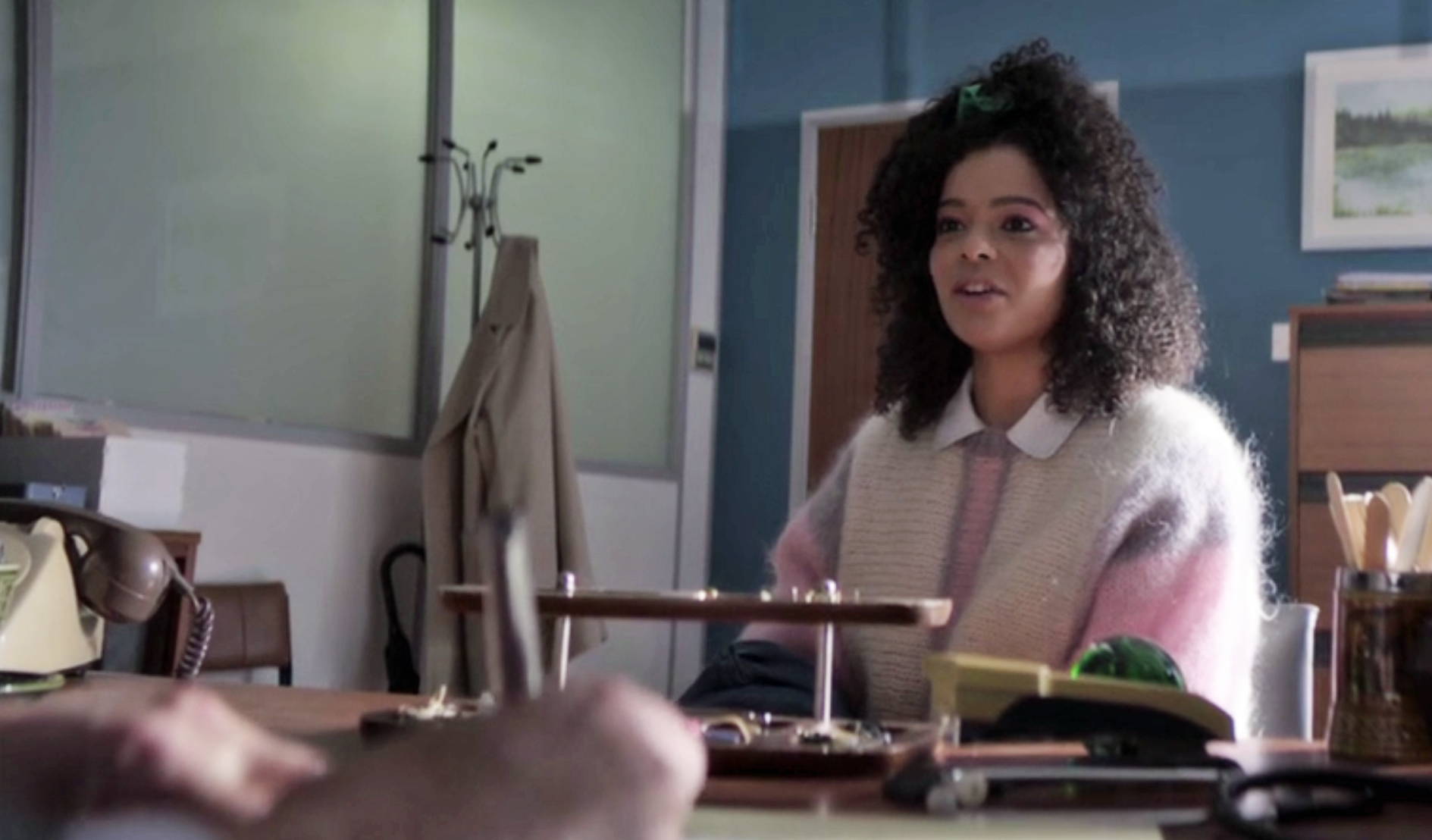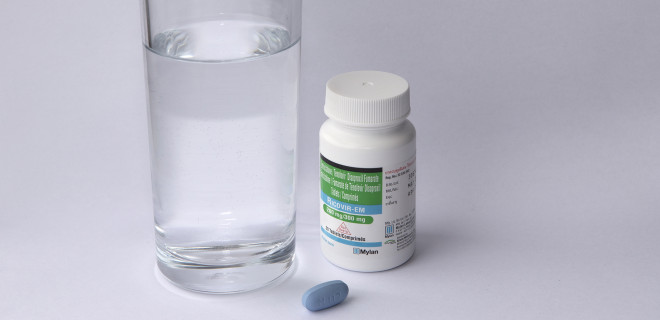
Tonight’s episode – and don’t worry, this is not a spoiler – of It’s A Sin is about the early signs that HIV/AIDS might be something to worry and find out more about.
There's so little information available, lots of hearsay and little with any authority. You see the early Terrence Higgins Trust activists trying to warn the community and the message not getting headed. Jill – the female ally character played by Lydia West – is keen to ask questions. She turns to the health professional so often the first port of call when an ailment is worrying someone: her GP.
His response is far from ideal. In fact, he refuses to tell her anything because HIV – he says – doesn’t affect ‘people like her’. It is maddening to watch but an important reminder of the role of GPs in the country’s public health. Since the 2012 Health and Social Care Act, the Public Health Grant is spent by local councils across England. Their stewardship of sexual health services has seen a number of important innovations despite a dwindling budget but it has led to an inevitable fracturing of public health and primary care.
Whatever the system, the role of your doctor is key. It’s the NHS service most people use on a regular basis. When people go for a check up they often get additional advice about the other health issue on their mind.
For those looking to test for HIV, in all but a handful of places, a GP practice is the wrong place to look. But it should not be. With National HIV Testing Week coming, it's important that HIV testing is easy to access. You can order an HIV test online, but asking a doctor should guarantee a test not a referral.
Quote textIn the same way availability of the contraceptive pill through GPs was a game changer, access to PrEP via primary care would be too
GP testing of HIV isn't just vital in the pursuit of finding the 6,700 people across the UK living undiagnosed with HIV, it's the only way to end new cases of HIV and make the HIV prevention drug PrEP available to all at risk of HIV. Currently this game-changing drug is available only in sexual health services and is barely known beyond the LGBT community. In the PrEP Impact Trail, only 4% of the trial participants were not gay and bisexual men.
Today Steve Brine, the Conservative MP who served on the HIV Commission and former public health minister, writes for The Telegraph on the need for PrEP to be available in GP surgeries. He argues: 'In the same way availability of the contraceptive pill through GPs was a game changer, access to PrEP via primary care would be too.'
As he said at a joint event with the Big Tent Ideas Foundation, LloydsPharmacy OnlineDoctor and us, Brine argues that PrEP needs to be negotiated into the Core GP Contract – the agreement that oversees what GPs can provide and how much they will get paid for it. This is ‘notoriously’ hard to change, as the former public health minister knows from personal experience.
With the Government promising a HIV Action Plan in response to the HIV Commission on which Brine served, he makes his expectations clear:
'Getting PrEP to GPs must become a cornerstone of the HIV Action Plan that the Department for Health and Social Care has promised to publish by the summer. PrEP must be added to the Core GP Contract.'
This is particularly welcome news and cannot come soon enough in our eyes. Last week our very own Ian Green told the ‘i’ newspaper: 'The HIV Commission made clear we need to get the HIV prevention drug PrEP available way beyond sexual health clinics... PrEP needs to be available in every GP practice in the same way the contraceptive pill is. This will ensure we make the most of its potential for stopping HIV across all impacted groups. The sooner PrEP is [available from GPs] the sooner we will become a country with zero new cases of HIV.'
When you watch Jill talk to her doctor about HIV tonight, remember how far we have come but how far we need to go. She literally is at the doctor to ask for the contraceptive pill but still, four decades later, we're having to fight to get the preventive pill for HIV available in the same setting. Should preventing HIV not be considered of the same public health importance as preventing pregnancy? Why, therefore, is one available in both GPs and sexual health service, but not the other? Today a GP should be able to give her the information she desires, offer a HIV test and a series of ways to stay negative – access to condoms, PrEP and the like.
We have not ceased campaigning – change is coming.
Richard Angell is Interim Head of Policy and Public Affairs at Terrence Higgins Trust. If you want more information about It’s A Sin, sign up to get our resources now.



